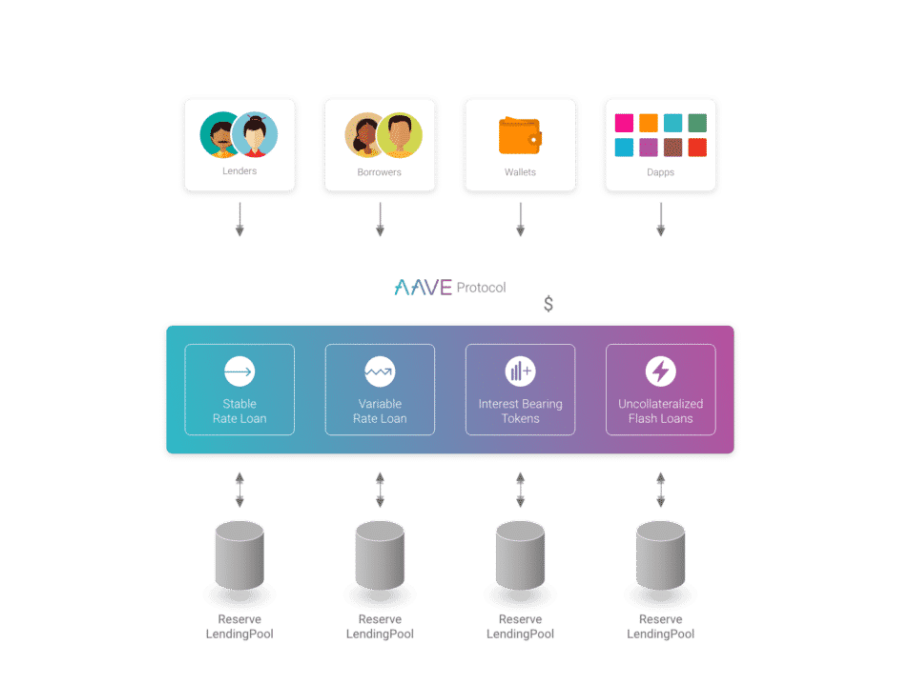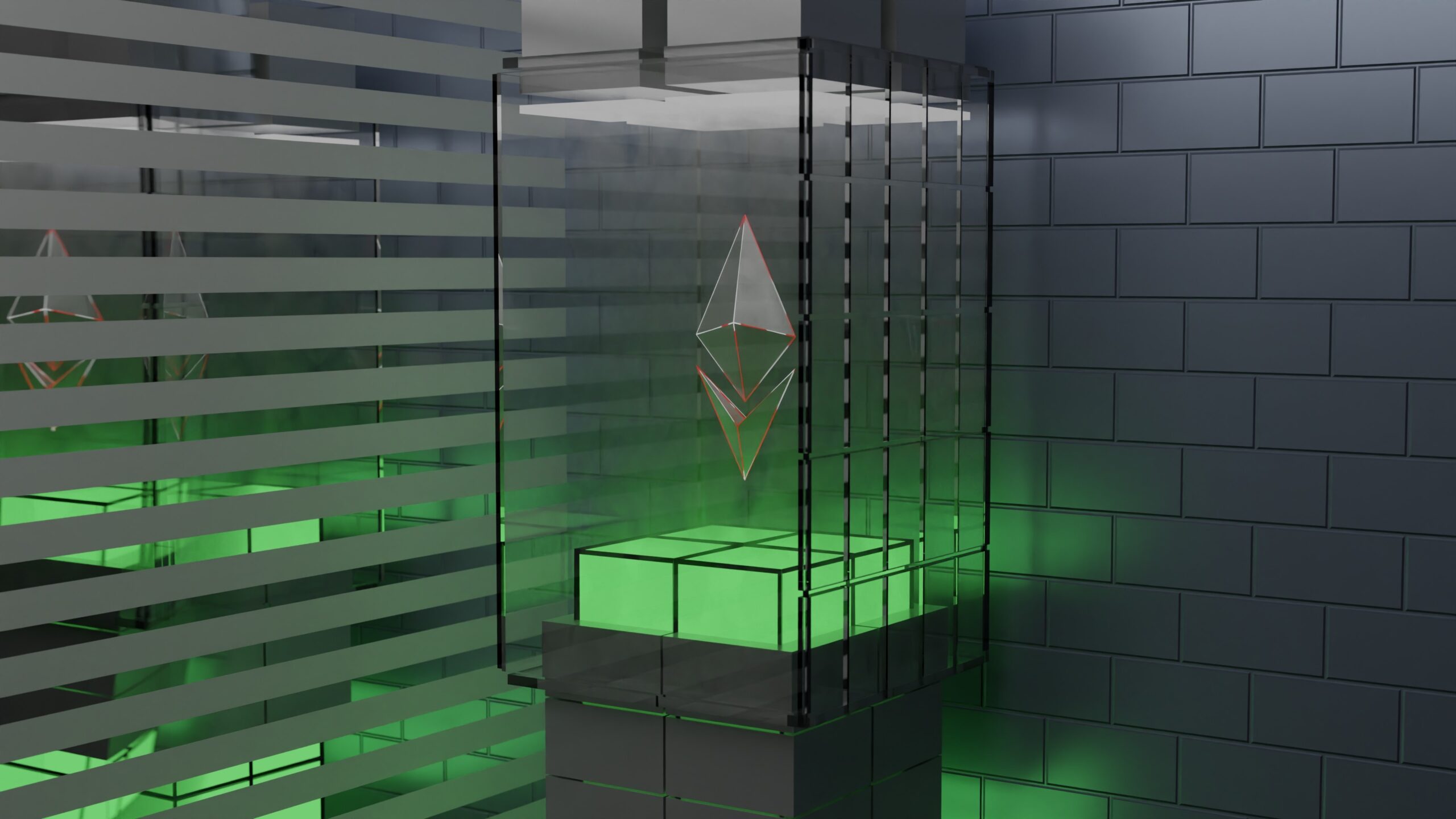Ether is now the second-largest cryptocurrency in the world by market capitalization as of the time of writing.
One of the world’s biggest and most well-known decentralized software platforms, Ethereum, was first introduced in 2015 by Vitalik Buterin. It supports smart contracts and decentralized applications (apps).
With that explanation, we can see that Ethereum is more than money; it is also a platform where decentralized applications (apps) can be run. Ether (ETH) is the name of the money used to power the Ethereum network.
What makes Ethereum so special?
Ethereum is unique for several reasons:
- On the Ethereum network, anyone can create decentralized applications (apps) or tokens. (As opposed to being forced to develop their blockchain).
- Unlike the Bitcoin network, which takes about 10 minutes to settle transactions, the Ethereum network may do it in as little as 20 seconds.
- In 2022, the most popular smart contract platform will be the Ethereum network.
- Anyone can Tokenize and store real-world asset ownership on the Ethereum blockchain.
- An ordinary Ethereum wallet can hold any currency based on the Ethereum network (ERC-20 tokens).
- One of the organizations pushing the boundaries of technology for autonomous organizations is Ethereum.
Even if it seems like there is a lot of information here, breaking it down will simplify it.
Learning about Smart Contracts and the technology behind them would be a wonderful place to start while using Ethereum.
What are Smart Contracts?
The negotiation or performance of a contract can be digitally facilitated, verified, and enforced using a smart contract or a computer protocol.
- With smart contracts, reliable transactions can be carried out without the involvement of third parties like banks, financial organizations, or governments.
- Since these algorithm-based contracts are traceable, transparent, and irreversible, the Ethereum supercomputer, rather than a government or legal firm, effectively assumes the role of authority.
- A Smart Contract uses programming and cryptographic code to enforce a relationship, as opposed to a traditional contract, which specifies the conditions of a relationship (often one that is enforceable by law).

Standard traditional contracts are similar to smart contracts in many ways, but Ethereum’s network and programming architecture is optimized to automatically carry out the rules of smart contracts by mechanically executing events when specific criteria are satisfied.
Out of the hundreds of groups with the common goal of revolutionizing contracts, Ethereum is a large and well-established blockchain created for smart contracts.
Smart contracts will significantly change the way we commit to and carry out contracts as a whole.
What can smart contracts accomplish?
In this instance, Ethereum only serves as the technical foundation for Smart Contracts, similar to what Windows is to your computer.
Like everyone may make their computer programme or application using Windows software, anyone can construct their Smart-Contracts or tokens built on Ethereum.
Nearly limitless options exist for “Smart Contracts,” but with the addition of digital identification, these limitless possibilities reach a whole new level.
Smart Contracts can transfer and distribute ownership of assets, value, intellectual property, wills, land deeds, equity, and much more. Smart Contracts and digital identity provide a new level of reality for self-managed autonomy.
So who is running Ethereum?
Like Bitcoin, the supercomputer network of Ethereum is run by widespread collaboration propelled by group self-interest.
With the incentive of the little amount of Ethereum they will receive for leasing out their processing capacity to facilitate transactions, an individual or organisation will mine Ethereum for the sake of profit.
They operate as a single node that communicates and cooperates with all the other nodes/miners in the system, renting out their CPU to the Ethernet in exchange for some of their own ETH.
As a result, a global supercomputer can be powered from any location with internet and electricity, creating a genuinely distributed network and technological foundation for the Ethereum platform.
What are some good Ethereum wallets ?
Plenty of good Ethereum wallets are available, including hardware wallets like the Trezor and Nano Ledger and browser-based wallets like Metamask and Exodus.
Be mindful of the benefits and drawbacks associated with each type of wallet. You can learn more about wallet comparisons in our guide on creating a wallet.









